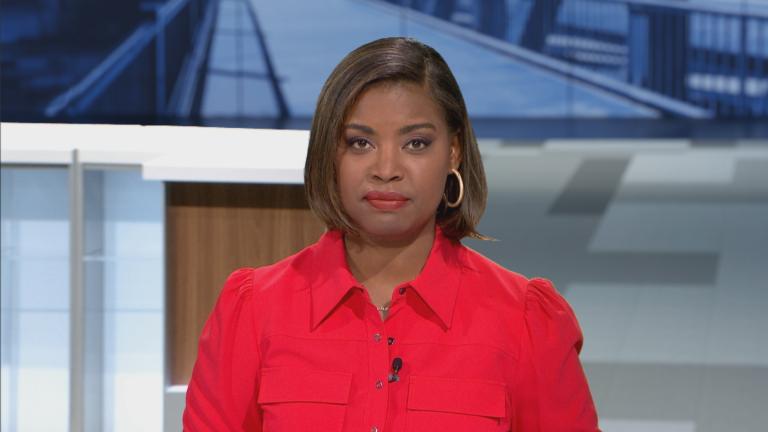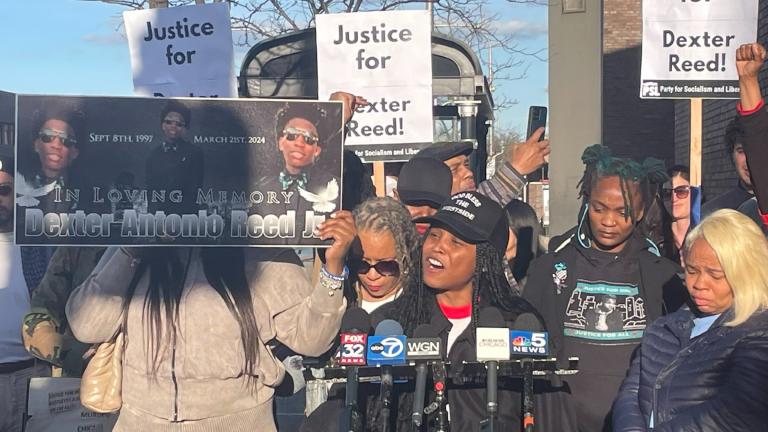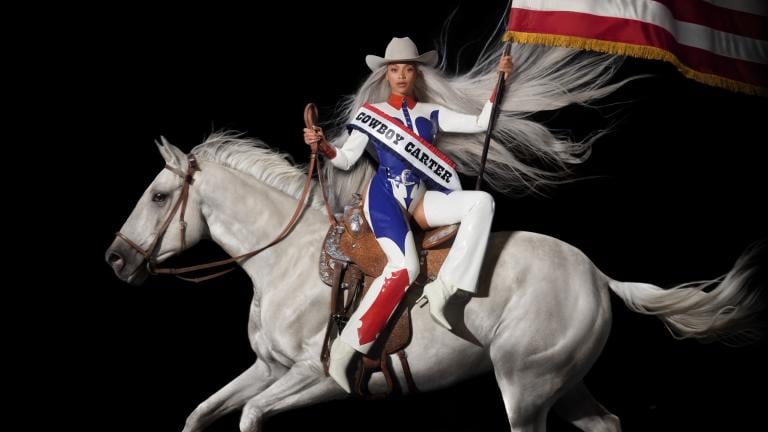Black Americans are all too familiar with the rules that have been imposed on their hair throughout history. Styles traditionally associated with natural Black hair — locs, braids, twists and Afros — have been called everything from distracting to unprofessional in schools and workplaces, leaving many Black Americans feeling pressure to style their hair in ways that conform with Eurocentric ideals.
A bill that recently passed in the Illinois Senate aims to address Black hair discrimination in schools across the state.
State Sen. Mike Simmons, who introduced Senate Bill 817 prohibiting discrimination against natural and ethnic hairstyles, says he was inspired to introduce the bill by stories of Black youth in Illinois facing hair bias.
“The tipping point for me is when I read about Jett Hawkins, a 4-year-old on the West Side of Chicago who was excited to go to school, was excited about his new braids,” Simmons said. “His mom took him to school and he was forced to take out his braids. I read that and said, ‘I have got to take action on this.’”
Simmons says the bill would prohibit schools from including any discriminatory language on hairstyles traditionally associated with Black hair, specifically dreads, braids, Afros and protective hairstyles. Annual audits of all schools in the state would ensure compliance, with the possibility of losing recognition by the State Board of Education for those in non-compliance.
Ava Thompson Greenwell, a filmmaker, journalist and professor at Northwestern University’s Medill School of Journalism and author of the book “Ladies Leading: The Black Women Who Control Television News,” says there’s a long history behind bias against Black hair, especially in the media.
“We have Melba Tolliver, who back in 1971 wore her hair in an Afro and was told, you know, you don’t look feminine, change your hairstyle,” said Thompson Greenwell. “She decided that she was going to keep her hair the way it was. And so she was supposed to be covering a story on Richard Nixon’s daughter’s wedding and decided that she was going to wear her Afro and they said no, you can’t, and they actually deleted her portion.
“Certainly there have been women, particularly in law firms, in airline work, who have been discriminated against, not promoted or not offered the job because of the way they’re wearing their hair. And so this is really affecting their livelihoods,” she said.
Patrice Grell Yursik, a writer and the creator of the beauty blog Afrobella.com, recalls how she experienced the pervasiveness of Eurocentric standards during her upbringing in Trinidad and Tobago.
“There’s a Eurocentric standard that has been imposed, I think, across the diaspora, and it’s something that we have to examine and try to root out ourselves,” Yursik said. “It’s discrimination that happens in the schools. It’s discrimination that happens in workplaces, and even when people enter the prison system. One of the first thing, the first things they do is, you know, shave off their hair if they have locs and that’s something that still continues in certain Caribbean islands that should be examined and stopped.”
Yursik points to other legislative proposals that address discrimination against natural hair.
“The Crown Act stands for Creating a Respectful and Open World for Natural Hair. It’s been passed in California in 2019, seven states have passed similar laws. It means protection for us to not be discriminated against in the workplace and in schools,” Yursik said.
Thompson Greenwell says she witnessed negative attitudes about natural Black hair in South Africa.
“I think it just goes to this ideal that somehow or other, there’s something wrong with Black hair that’s unaltered,” she said. “And I think what this legislation can do is really begin to change the next generation of all people, not just Black people because we know that Black people also discriminate against Black people when it comes to how they wear their hair. And that’s that internalized racism that makes people think that they are not good enough, that they are not pleasing enough in terms of the way they look.”
Simmons says he hopes that his proposed legislation helps Black children reject racist beliefs about their hair.
“I want Black youth to understand that their hair is beautiful, an important ingredient of who you are and you are in control of how you choose the way your hair,” he said. “This is such a basic element of freedom.”








